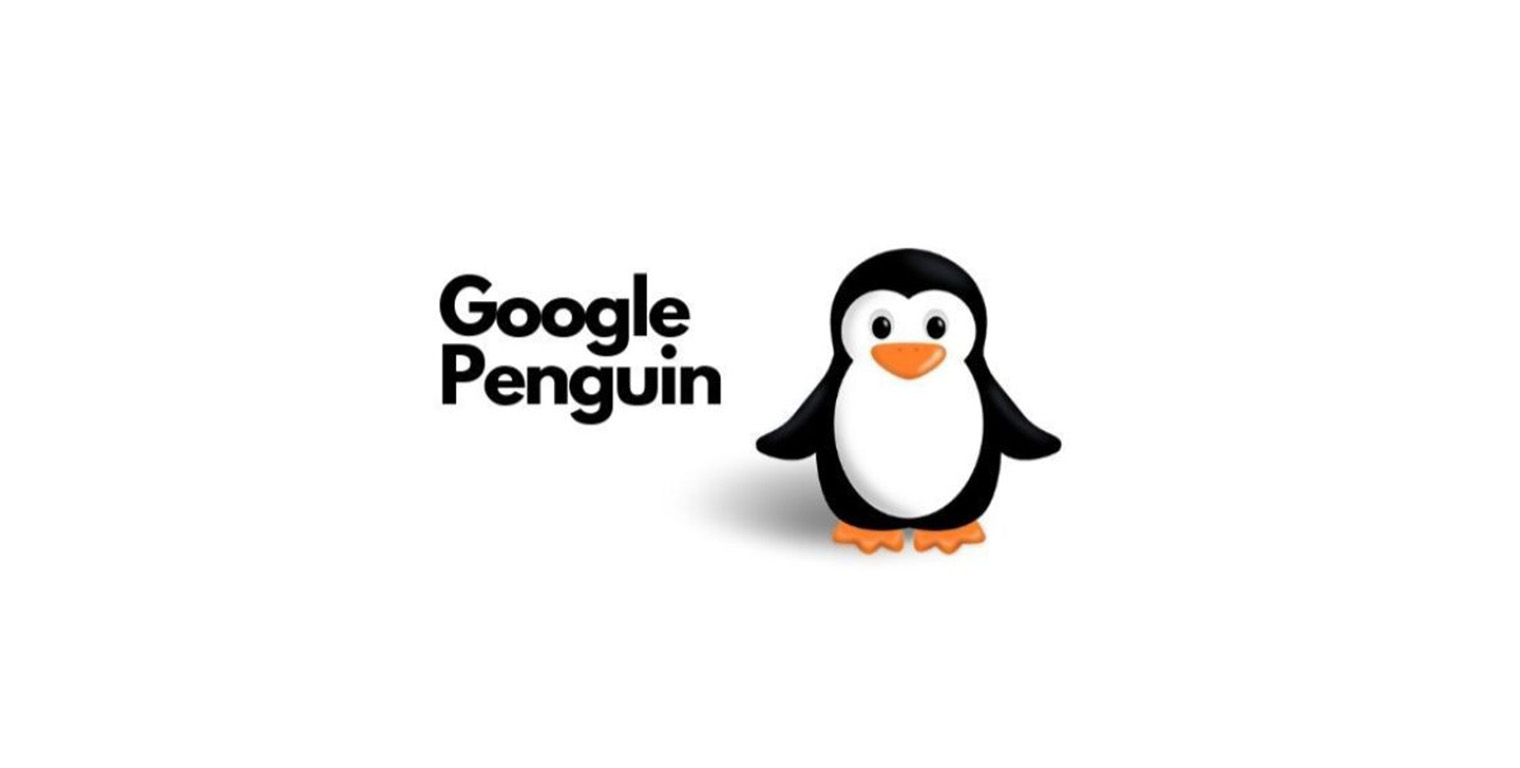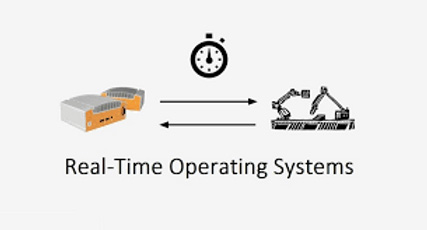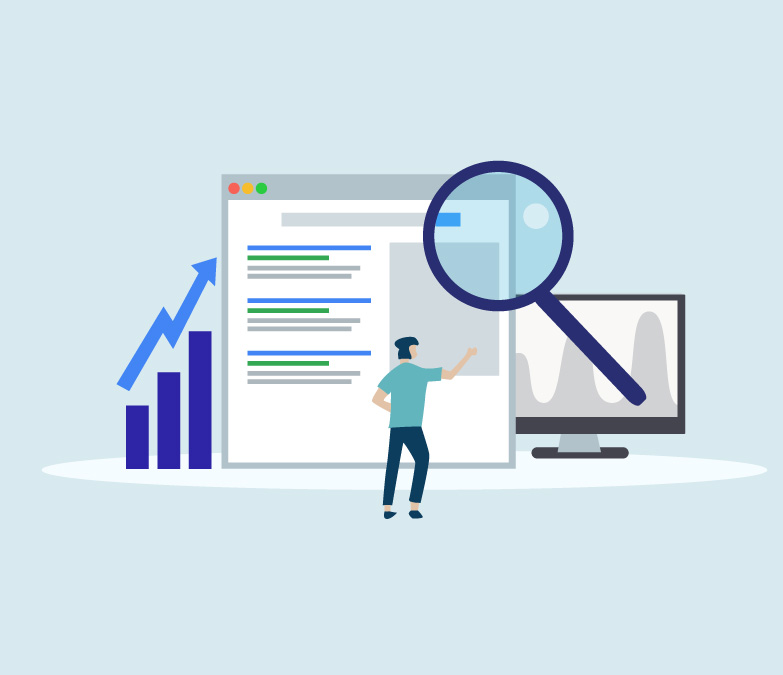Blog \ Technology \ Unraveling the Google Penguin Algorithm

Unraveling the Google Penguin Algorithm
Last update on 10/16/2023 22:32 0 734
Contents
Introduction
In the vast ocean of search engine optimization, the Google Penguin algorithm emerges as a formidable force, shaping the destiny of websites. This blog embarks on an extensive exploration of Penguin, tracing its roots, understanding its mission, and deciphering its impact on the SEO landscape.
Inception and Evolution of Penguin
The Landscape Before Penguin
The early days of SEO were marked by a Wild West mentality, with webmasters employing a myriad of tactics to boost rankings. However, this gave rise to manipulative practices, necessitating a more refined approach from search engines.
Birth of Penguin
In April 2012, Google launched the Penguin algorithm as a response to rampant webspam and manipulative link-building tactics. This section will delve into the circumstances leading to its creation and the initial goals set by Google.
Evolution of Penguin
Since its inception, Penguin has undergone several updates, each refining its ability to combat webspam. A timeline of these updates provides insight into Google's ongoing commitment to improving search quality.
Understanding the Anatomy of Penguin
Link Quality and Relevance
At the core of the Penguin algorithm is the evaluation of link quality. This section will explore how Penguin distinguishes between natural, high-quality links and manipulative link-building practices. Key factors include link relevance, anchor text diversity, and overall link authority.
Real-Time Operation
Unlike its predecessor Panda, Penguin operates in real-time. This real-time analysis ensures that as Google crawls and indexes new content, Penguin adapts dynamically, reflecting the ever-changing nature of the web.

Impact on SEO Practices
Penalties and Ranking Drops
With the rollout of Penguin, websites engaging in manipulative practices faced penalties, leading to significant drops in rankings. This section will explore real-world examples of websites affected by Penguin and the subsequent challenges they encountered.
Recovery Opportunities
While penalties were harsh, Penguin also presented opportunities for recovery. Webmasters could redeem their websites through a series of strategic actions, including disavowing toxic links, improving content quality, and adopting ethical link-building practices.
Strategies for Penguin-Proof SEO
Ethical Link Building
Penguin ushered in an era where ethical link building became paramount. This section will delve into the principles of ethical link building, including the importance of genuine relationships, creating shareable content, and fostering organic link growth.
Regular Link Audits
To stay ahead of Penguin's watchful eye, webmasters had to adopt regular link auditing practices. This section will guide readers on how to conduct effective link audits using tools like Google Search Console and third-party SEO software.
Diversification of Anchor Text
Penguin targeted over-optimized anchor text as a sign of manipulation. Readers will learn the significance of diversifying anchor text and how it contributes to a natural link profile.
Content Quality as a Shield
Beyond links, Penguin emphasized the importance of content quality. This section will provide insights into creating engaging, informative, and relevant content that not only attracts organic links but also enhances overall website authority.
Looking Ahead
Evolution of Search Algorithms
As we navigate the ever-changing seas of SEO, Penguin remains a vigilant guardian of search quality. This section will discuss the ongoing evolution of search algorithms, including Google's commitment to adapting to new challenges and trends.

Call to Action
Webmasters are called to remain vigilant and adaptable. The lessons learned from Penguin extend beyond penalties, shaping a new era of SEO resilience. This section will provide actionable steps for webmasters to navigate the evolving SEO landscape.
Conclusion
In the grand narrative of SEO, the Google Penguin algorithm stands not just as a tool for penalties but as a pivotal force for elevating search quality. As this exploration concludes, readers will gain a holistic understanding of Penguin's impact, recovery opportunities, and proactive strategies for future-proofing their websites.












